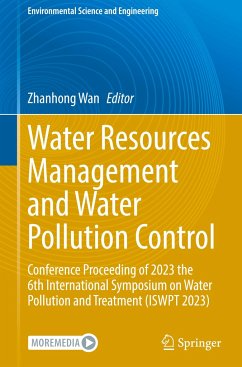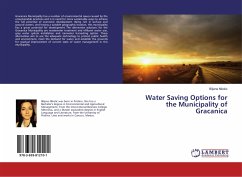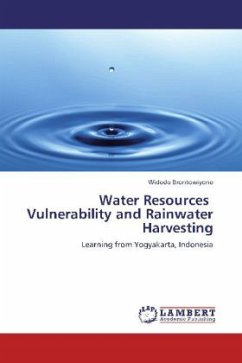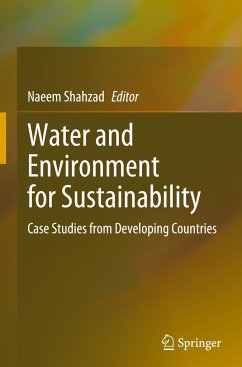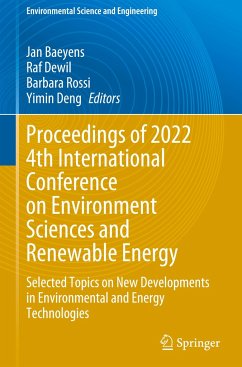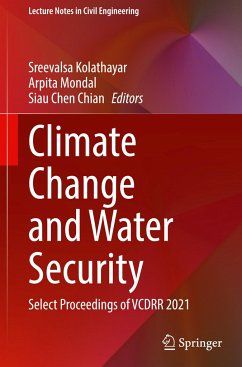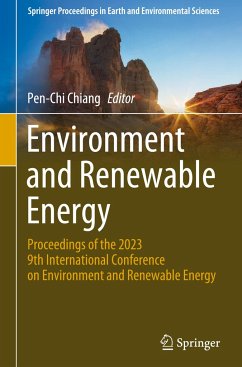
Managed Groundwater Recharge and Rainwater Harvesting
Outlook from Developing Countries
Herausgegeben: Saha, Dipankar; Villholth, Karen G.; Shamrukh, Mohamed

PAYBACK Punkte
53 °P sammeln!
This book, through its 19 chapters, highlights success stories, research outputs and various government schemes and actions taken on groundwater recharge and rainwater harvesting in developing countries. The interventions are focused on resolving water crises through supply side interventions, improving water quality and addressing climate change impacts. The contributions from across the globe shows how these approaches have been successful in supplementing potable water supply, reducing the intensity of overexploitation of groundwater resources, better storm water management, intensifying tr...
This book, through its 19 chapters, highlights success stories, research outputs and various government schemes and actions taken on groundwater recharge and rainwater harvesting in developing countries. The interventions are focused on resolving water crises through supply side interventions, improving water quality and addressing climate change impacts. The contributions from across the globe shows how these approaches have been successful in supplementing potable water supply, reducing the intensity of overexploitation of groundwater resources, better storm water management, intensifying treated grey water reuse, and improving groundwater quality and environmental flows. The chapters deal with a wide array of issues, from local-scale experimentation and management to government schemes adopted, community involvement, private sector engagement, addressing socio-economic issues and policy interventions. The book includes contributions made by researchers, government departments, civil societies, policymakers and practitioners from 15 Non-Aligned Movement (NAM) and other developing countries, namely Afghanistan, Bangladesh, Chile, Colombia, Egypt, Guatemala, India, Jordan, Morocco, Nigeria, Palestine, Qatar, South Africa, Sri Lanka and Tunisia. The book places before the readers, the strives being undertaken in the Global South to address the sustainability of water resources and climate change adaptation through traditional and innovative methods to groundwater recharge, water harvesting and storage.





